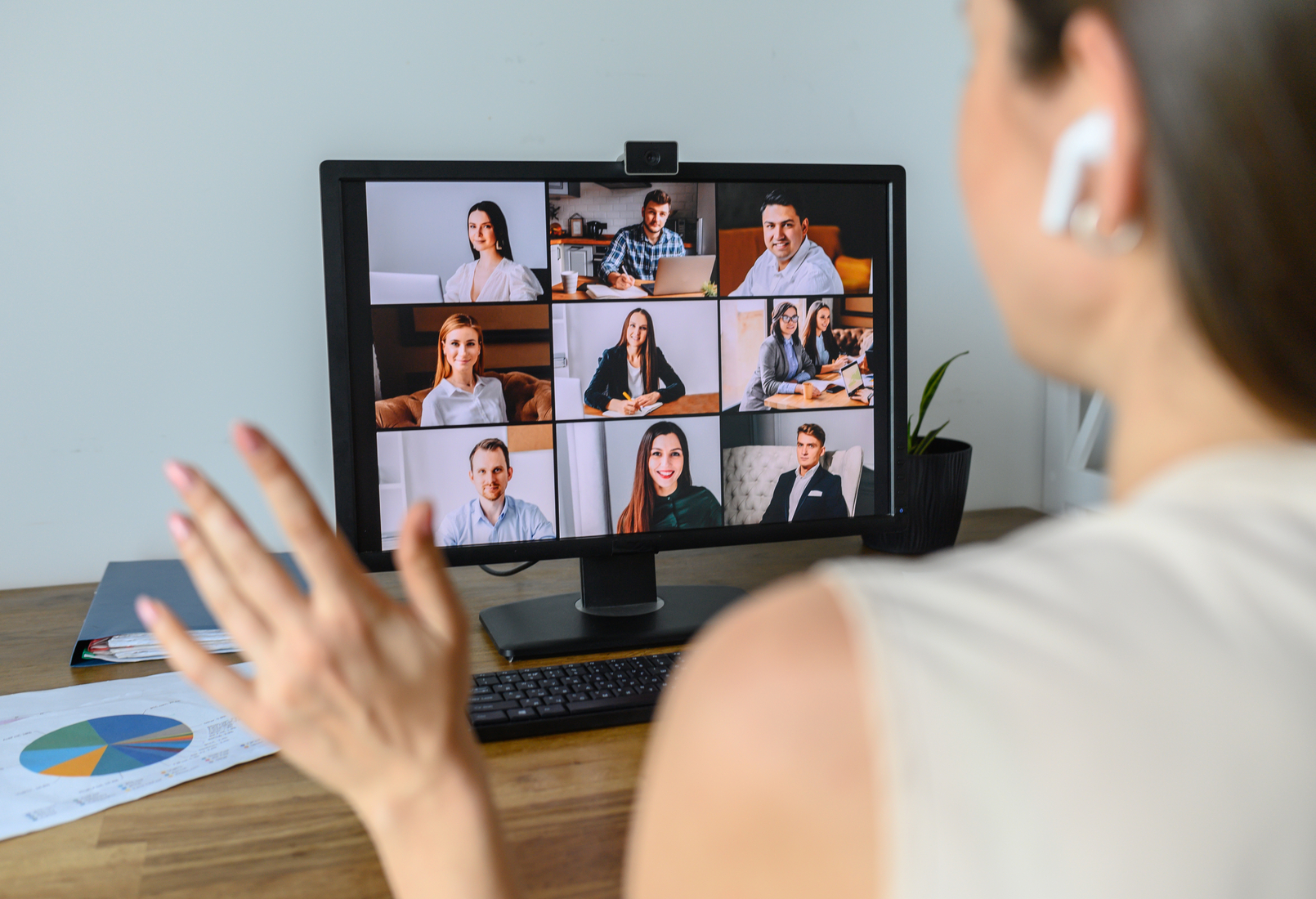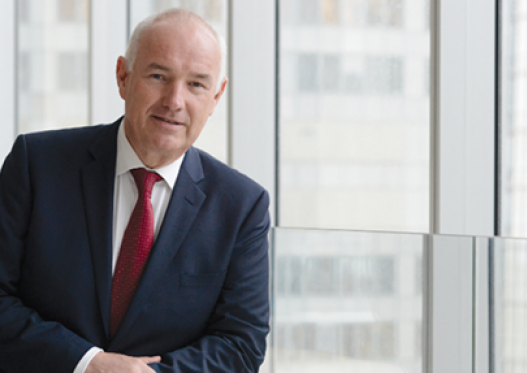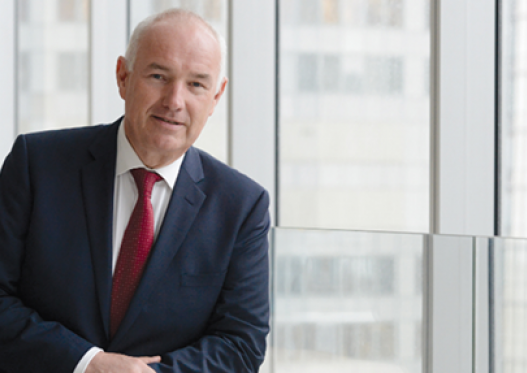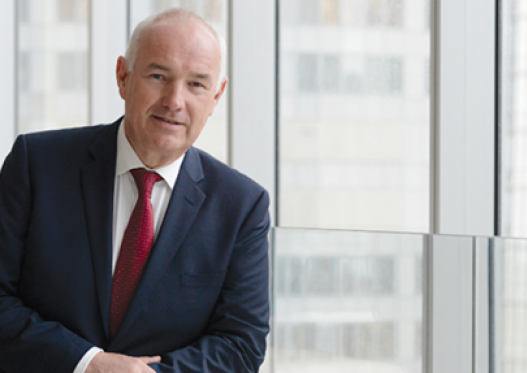Workplace flexibility is one of the only positives to come out of the COVID-19 crisis, a Lessons From Leaders webinar heard.
Evidence that women have been impacted more than men includes more women losing jobs in part-time and casual roles, shouldering grater domestic burden and higher levels of domestic abuse.
Even a government initiative to invest in infrastructure to boost the economy is not benefitting women, the joint Australian Gender Equality Council webinar was told.
But panellists who took part in the Q&A session after Dr Terry Fitzsimmons report did agree that the changed office landscape could result in positive outcomes.
Allison Woolsey, Director, Diversity & Inclusion at Clayton Utz, said the fact men and women were both resisting coming back to the office was “good news”.
“It is a great intervention in terms of shifting the dial on parenting responsibility and flexible working,” she said.
“The playing field in the professional space - and I'm talking particularly about our lawyers - we've seen a leveling of the playing field.
“I'm hoping this will permanently change how we view flexible working and that will get a lot more men wanting to continue it.
“Already our returned office surveys are suggesting a huge number of both men and women will want to work on a flexible basis going forward.
“I think we'll see more men agitate as a result also for paid parental leave policy.
“I think that's a great concept.”
Nigel Davis, Head of Inclusion, Sustainability & Engagement at Medibank, said: "There’s potentially risks, but also opportunities that this whole COVID situation has presented.
“We know at the macro economic level that women have been disproportionately impacted by this crisis.
“As we start to work our way out of the recession, we're already hearing about shovel ready projects that are in male dominated industries that are going to receive economic stimulus, whereas things like free childcare for example, are going back on the back burner.
“The other thing we need to be careful of as we start to transition back to our offices, and our offices being our traditional centre of power.
"If men start to return to those offices at disproportionate levels to women, that will have a real change to the ways that we're working and some of those biases creeping back into our old ways of thinking.”
Focusing on the opportunities, he added: “We've all been thrown into this chaotic environment where we're working from home.
“We've got family members that we need to take care of, we've got dogs that need to be walked, we've got messy backgrounds going on, people walking in the background of Zoom meetings.
“How do we take that and run with it and make sure that we keep that alive as we move back into the new sort of normal.
“So I would hate for the messiness of life, for the child caring stuff, the parenting stuff, to just become taboo and unspoken about again.
“We're seeing more of our people than we ever have before and we really need to hold on to that as we move forward.”
Picking up on work flexibility, Workplace Gender Equality Agency CEO Libby Lyons said: "We waste something like $364 million a year in unnecessary recruitment costs in Australia every year.
“So access to paid parental leave for parents, not for women, not for men, for parents - we are all parents - that’s really important.”








